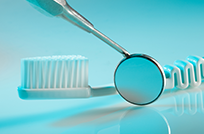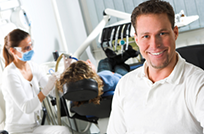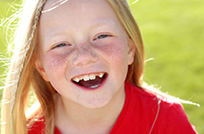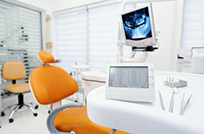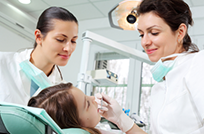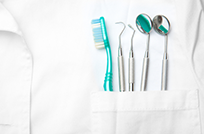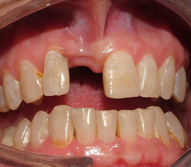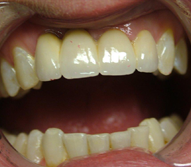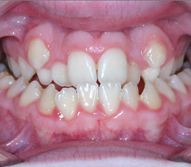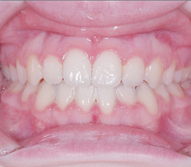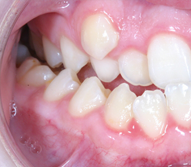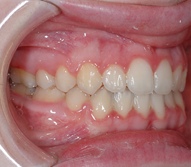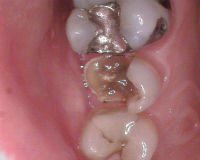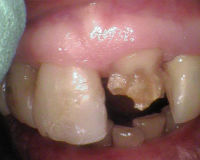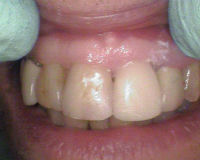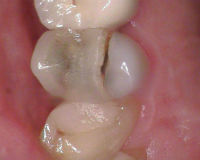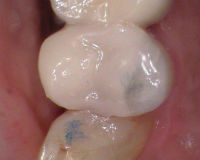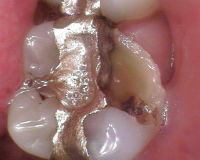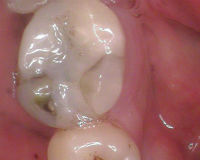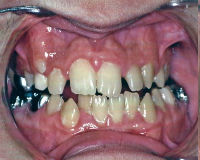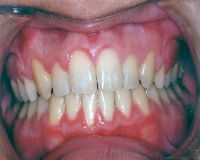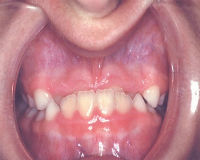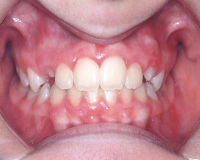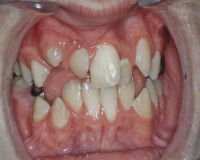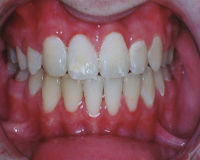What are Early Childhood Caries (ECC) and how can you prevent them?
Bottle rot, baby bottle tooth decay, baby bottle caries, nursing caries...the multitude of terms goes on. All of these terms represent one disease characterized by severe decay in the teeth of infants or young children. Sadly, its prevalence is epidemic, mainly in minority and rural populations. The good news is that the decay is preventable. Here we'll discuss the signs, the causes and the consequences of ECC and how you can help prevent your child from developing it.
What is ECC and what are the telltale signs of ECC?
ECC are cavities which affect the primary teeth of infants and pre-school children. They most often show up on a child’s upper front teeth but can also affect other teeth. They first appear as white spots near the gum line and are hard to see at first. As they get worse, they can look like brown spots, holes or broken teeth which will require more involved procedures to repair. Luckily, if ECC is caught early the disease can be stopped from progressing into cavities. It is therefore very important to get treatment early to stop the decay from getting worse.
What causes Early Childhood Caries?
The main culprit is from liquids and foods that contain sugar, like milk and juice, which are left in your child’s mouth for many hours. Bacterial plaque loves sugar and uses it to make acids that, over time, destroy your child’s teeth.
Other factors such as the frequency of feedings, oral hygiene, medications, other medical and dental conditions, determine your child’s ECC risk, or the likelihood that he or she will develop ECC.
What are the consequences of ECC?
If early childhood caries causes your child to lose teeth too early, your child’s permanent teeth may come in crooked or crowded.
What steps are recommended to prevent ECC?
- Don't put your child to bed with a bottle filled with milk, formula, juice or other sweet liquids. If your child must have a bottle to go to sleep, slowly dilute the milk or juice with water over a few weeks until your child is only drinking water.
- Do adopt a healthy balanced diet for your child and limit starchy, sugary snacks and sugary drinks.
- Don't allow your child to walk around with a bottle or drink from it throughout the day. Only give your child a bottle during meals.
- Do clean your baby’s gums with a soft toothbrush or cloth and water starting at birth. Once their first tooth erupts, use a soft toothbrush twice a day. Use a “smear” of toothpaste if your child is under two years of age and a “pea-size” amount if they are between two and five years of age. The use of fluoridated toothpaste is dictated by your child’s decay risk, as determined by the dental or medical provider.
- Do teach your child to start drinking from a cup as early as possible, preferably before they turn one year of age. By drinking from a cup, the liquid is less likely to pool around the front teeth.
- Do not dip pacifiers in any sweetened liquid.
- Do take your child to a paediatric dentist for an early evaluation by their first birthday. The paediatric dentist will discuss the risk of your child developing cavities and the best way to prevent them.
By following these suggestions today, you can help your child start a lifetime of good dental habits.
If you any questions or require more information, please contact us by clicking the button below!


